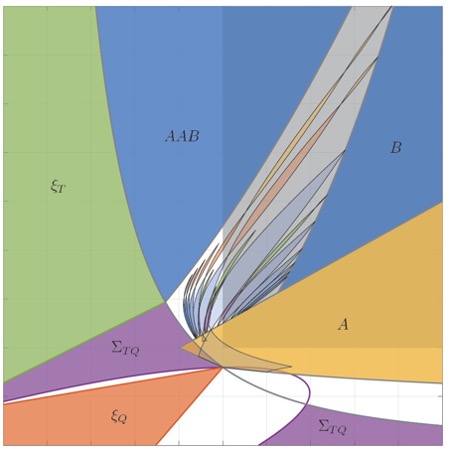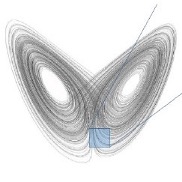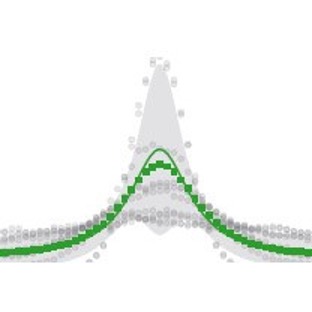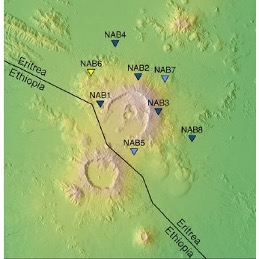Blog
-
Epidemic oscillations induced by social network control: the discontinuous case
Posted on
by
Since the early days of control theory, engineers have understood that feedback can give rise to spontaneous and sustained oscillations. Examples abound in engineering systems such as thermostats and steering devices, as well as in natural and biological systems – for example, […]
-
The Long Run Evolution of Absolute Intergenerational Mobility
Posted on
by
In the mid-20th century, many developed economies experienced several generations of high prosperity, with children generally earning higher incomes than their parents had at the same age. In economics, this is technically known as increasing absolute intergenerational mobility. For the United States, […]
-
Choice history effects in mice and humans improve reward harvesting efficiency
Posted on
by
In foraging for food and other resources, animals have to make repeated choices about where best to search. Experimental studies of such decisions typically work with the simplifying assumption that animals’ past decisions should have no impact on the distribution of actual […]
-
Aging power spectrum of membrane protein transport and other subordinated random walks
Posted on
by
Many biological, physical and social systems exhibit correlations in their dynamics across multiple time scales. Such correlations manifest themselves as a broad spectrum of relaxation times and a 1/f decay in the power spectrum, which reflects temporal self-similarity in the dynamics. Such […]
-
Exact simulation of extrinsic stress-release processes
Posted on
by
In statistics and probability theory, a point process is a collection of mathematical points randomly located within a mathematical space such as the real line. In earthquake science, such processes are often used to model the occurrence of earthquake events in time, […]
-
Stability of cycling behaviour near a heteroclinic network model of Rock–Paper–Scissors–Lizard–Spock
Posted on
by
Rock–Paper–Scissors is a well-known game, which also offers a simple model of competition between three species or, equivalently, strategies. When modelled in continuous time with ordinary differential equations, this system contains a heteroclinic cycle between the three distinct equilibrium solutions, each representing […]
-
Characterising and comparing different palaeoclimates with dynamical systems theory
Posted on
by
Numerical climate models have long been used in the study of the Earth’s palaeoclimate – the climate in ancient times before modern instrumental records. Examples range from early investigations based on simple thermodynamic or general circulation models to the modern state-of-the-art models […]
-
Evaluating process-based integrated assessment models of climate change mitigation
Posted on
by
Researchers and policymakers tasked with planning for climate change often turn to so-called integrated assessment models (IAMs) to examine possible scenarios for Earth futures under different policy options.
-
Mean-field theory of vector spin models on networks with arbitrary degree distributions
Posted on
by
The structure of a complex network influences any dynamical processes occurring within it. In particular, strong heterogeneities in network structure often underlie nontrivial dynamical properties of networked systems.
-
A Little Data Goes a Long Way: Automating Seismic Phase Arrival Picking at Nabro Volcano With Transfer Learning
Posted on
by
Seismic monitoring plays a fundamental role in mitigating hazards near volcanoes, where thousands of earthquakes can occur each day during periods of unrest. These events produce a diverse range of seismic signals, and the detection of the initial primary (P-) and secondary/shear […]










